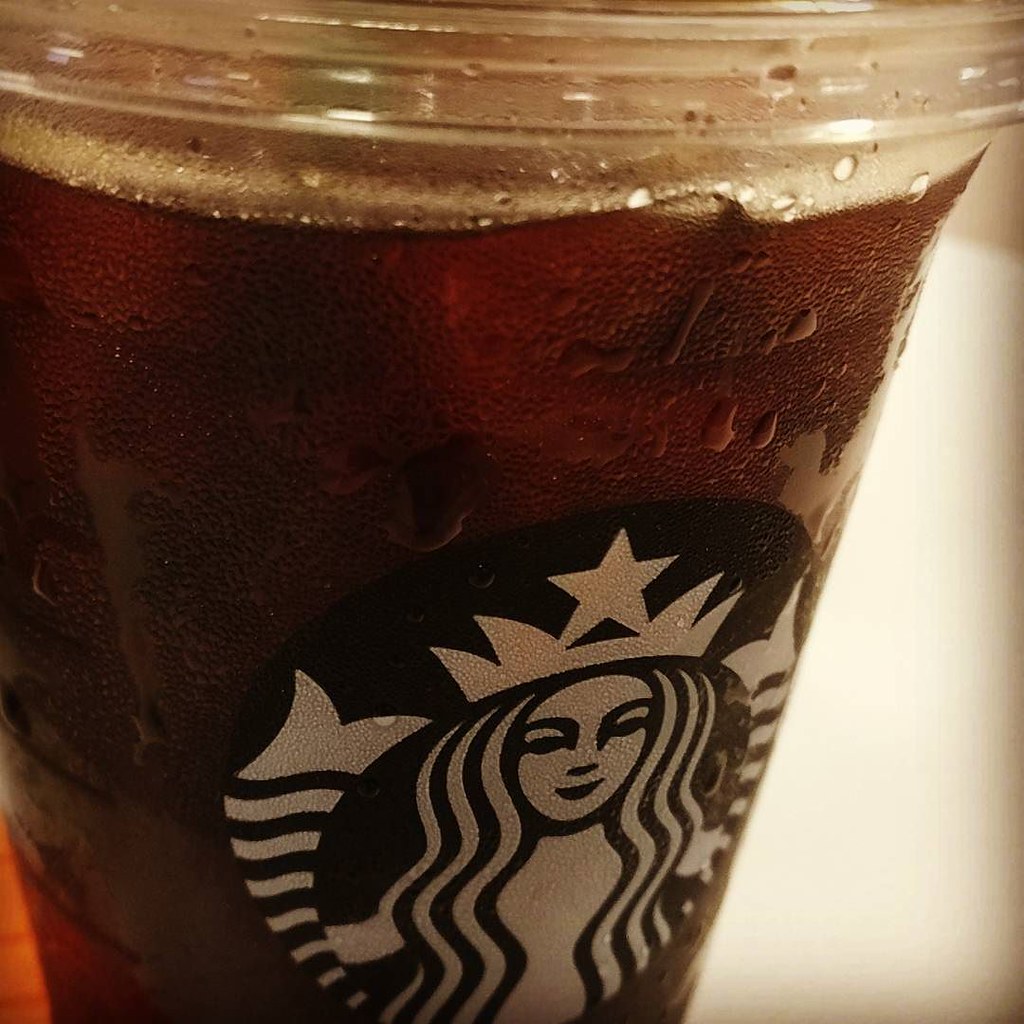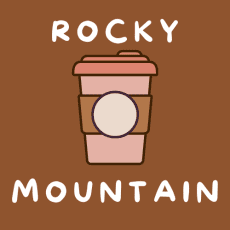Are you ready to jumpstart your day like an Olympian? If so, the answer lies in a cup of Starbucks Cold Brew.

With its stimulating yet smooth taste, it packs a punch of caffeine that will power you through your day.
In this article, you’ll learn all about the caffeine content of Starbucks Cold Brew and the different varieties available.
So grab your favorite mug and let’s dive in to find out how much caffeine is in a cup of Starbucks Cold Brew!
Key Info
– Starbucks Cold Brew Coffee contains 12.81 mg of caffeine per fl oz (43.32 mg per 100 ml).
– A 16 fl oz cup of Starbucks Cold Brew Coffee has a total of 205 mg of caffeine.
– Starbucks Nitro Cold Brew Coffee is available at most Starbucks stores nationwide and has gained popularity after a successful launch.
– Starbucks Pumpkin Cream Cold Brew is a seasonal cold brew coffee beverage offered at Starbucks restaurants during specific periods.
Caffeine Content of Starbucks Cold Brew Coffee
You may be surprised to learn that Starbucks Cold Brew Coffee contains 12.81 mg of caffeine per fl oz. That’s 43.32 mg per 100 ml, making it one of the most caffeinated drinks available.
A 16 fl oz cup of Starbucks Cold Brew Coffee has a total of 205 mg of caffeine, which is comparable to Bang Energy, Monster Energy, and Starbucks Triple Shot Energy.
To get a creamy texture, Starbucks Nitro Cold Brew is infused with nitrogen gas, and caffeine content may vary depending on cup size.
Starbucks also offers seasonal cold brew coffee drinks, such as the Pumpkin Cream Cold Brew, and the Protein Blended Cold Brew Coffee blended with ice, cold brew coffee, plant-based protein, and either almond or coconut milk.
Starbucks Bottled Cold Brew Coffee and Canned Nitro Cold Brew are available from PepsiCo, and other brands, like Chameleon Cold Brew Coffee, offer different varieties of cold brew coffee with varying caffeine amounts.
Availability of Starbucks Nitro Cold Brew Coffee
Nitro Cold Brew Coffee at Starbucks is infused with nitrogen gas for a smooth and creamy texture. It’s available in both caffeinated and decaffeinated varieties, with the caffeinated option containing a higher caffeine content than regular cold brew.
It’s served with a Vanilla Sweet Cream Cold Foam on top, which adds a delightful sweetness. Cold brew contains significantly less caffeine than other coffee beverages, such as Bang Energy and Monster Energy.
Starbucks also offers a Cream Cold Foam Cold Brew, which is made with cold brew coffee, almond or coconut milk, and a sweet cream foam.
Cold brew is a delicious and refreshing option for those looking for a lower caffeine alternative.
Starbucks Pumpkin Cream Cold Brew
Enjoy the seasonal delight of Starbucks Pumpkin Cream Cold Brew. It is a creamy and smooth cold brew with a hint of pumpkin flavor. Made with Starbucks’ signature cold brew coffee, ground coffee beans, and just the right amount of sweet cream with vanilla sweet cream, this brew is sure to become a favorite.
And with a range of caffeine levels, it’s perfect for any time of the day. Try it with the foam cold brew or salted cream cold foam for a unique twist. With the bottled cold brew, you can enjoy the same flavor anywhere.
Starbucks Protein Cold Brew Coffee
Try Starbucks Protein Blended Cold Brew Coffee for a protein-rich and creamy coffee experience. It’s made with cold brew coffee, ice, plant-based protein, and either almond or coconut milk. The caffeine content may vary depending on the cup size, but it’s generally lower than the regular coffee.
Nitro cold brew coffee is also infused with nitrogen gas, giving it a smooth and creamy texture. Iced coffee is also a popular choice, and it usually has a lower caffeine content than the regular coffee.
Starbucks Pumpkin Cream Cold Brew is a seasonal cold brew coffee beverage with varying caffeine levels. And don’t forget about the bottled and canned cold brew coffees from Starbucks and other brands like Chameleon Cold Brew.
Whether it’s regular, nitro, iced, or flavored, cold brew coffee is a great way to get your caffeine fix.
Other Varieties of Cold Brew Coffee
There are many other varieties of cold brew coffee available, like bottled and canned cold brew from Starbucks and other brands like Chameleon Cold Brew.
Bottled cold brew coffee contains coffee beans that have been steeped in cold water for a long period of time.
Starbucks also offers canned Nitro Cold Brew, which is cold brew coffee infused with nitrogen gas.
Decaf cold brew coffee contains much lower amounts of caffeine than regular cold brew coffee.
Coffee drinks like Chameleon Cold Brew are also available, which contain different levels of caffeine depending on the type of coffee beans used.
Cold brew coffee contains more caffeine than hot brewed coffee, making it a great choice for those looking for a little extra energy boost.
Frequently Asked Questions
How Should I Store My Starbucks Cold Brew Coffee?
Store your Starbucks Cold Brew Coffee in an airtight, light-proof container in the fridge. To ensure the best flavor, consume it within two weeks. Enjoy your cold brew!
Is It Safe to Have Multiple Cups of Starbucks Cold Brew Coffee in a Day?
It is generally safe to have multiple cups of Starbucks Cold Brew coffee in one day, depending on your individual caffeine tolerance. To be safe, it is best to monitor your intake and be mindful of the caffeine content.
Does Starbucks Cold Brew Coffee Contain Any Sugar?
No, Starbucks Cold Brew Coffee does not contain any sugar – just pure, rich coffee flavor. In fact, it’s a great alternative for those looking to reduce their sugar intake. Enjoy the bold, smooth taste without any added sweetness.
Are There Any Health Benefits Associated With Drinking Starbucks Cold Brew Coffee?
Yes, there are health benefits associated with drinking Starbucks Cold Brew Coffee. It is low in acidity, high in antioxidants, and contains no sugar. Plus, it’s rich in flavor and can give you a boost of energy with its moderate caffeine content.
How Does the Caffeine Content of Starbucks Cold Brew Coffee Compare to Other Caffeinated Beverages?
The caffeine content of Starbucks Cold Brew is among the highest among caffeinated beverages, with 205 mg in a 16 fl oz cup. It’s higher than Bang Energy (300 mg), Monster Energy (160 mg), Red Bull (80 mg), and Starbucks Triple Shot Energy (225 mg).
